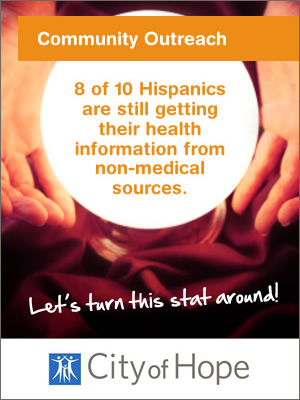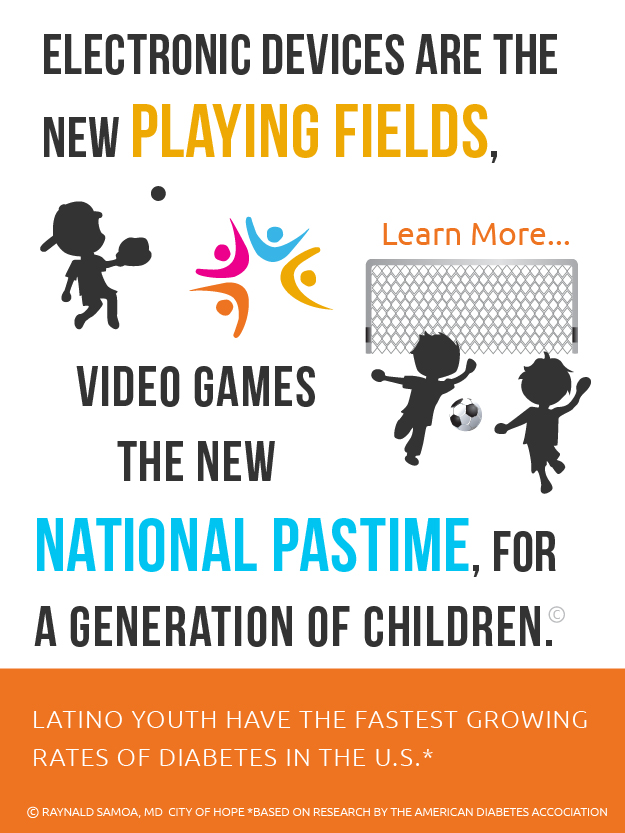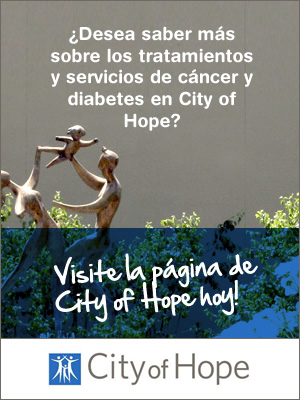
Overcoming Health Disparities by Reaching Patients With Arthritis in Their Preferred Language
08/03/2021 06:00AM | 2455 viewsThe COVID-19 pandemic has highlighted significant health disparities in the Hispanic community. Although these disparities are more apparent now, inequalities, including adequate access to health care and information, among Spanish-speaking communities pre-date the current pandemic. Hispanic individuals are also underrepresented in medical research.1
During the COVID-19 pandemic, Richardae Araojo, the US Food and Drug Administration (FDA) associate commissioner for Minority Health and the director of the Office of Minority Health & Health Equity, agreed with the premise described in a recent CenterWatch article that, “Clinical trial researchers should include input from patients before the trial design and consent process even begins to ensure that minority participants feel included and that all study participants stay engaged until the study is complete.” He went on to flag the need for more diverse clinical trials, asking that industry and other stakeholders make trial design, logistics, recruitment, and retention practices more patient-centric.2
Reaching Spanish-Speaking Patients
Latest data made available by the Centers for Disease Control and Prevention (CDC) indicate that 4.4 million individuals who are Hispanic Americans live with some form of doctor-diagnosed arthritis.3 The prevalence of arthritis among Hispanic patients is less than among non-Hispanic White patients4; however, Hispanic patients are nearly twice as likely to become disabled from arthritis and experience joint damage.5
As part of its ongoing commitment to lead efforts to effectively educate patients who prefer Spanish as their preferred language, CreakyJoints Español, the multicultural digital arthritis community for patients and caregivers worldwide and part of the Global Healthy Living Foundation (GHLF), recently launched new digital communication platforms to reach Spanish-speaking families via popular Latino social media platforms.
- According to data from the Pew Research Center, 71% of Hispanic adults obtain health information through their social networks and 79% of them act on this information.6
- It is also estimated that Hispanic individuals spend 2 more hours per week watching videos, streaming audio, and using social networks on their phones than other communities.7
- Recent research by the Pew Research Center also shows that 46% of Hispanic Americans use WhatsApp, which is approximately twice as that of other populations. Hispanic individuals are also more active on other social media channels.8
However, despite the heavy usage of social media, general health information available online for the Hispanic community heavily leans toward misinformation, which has led to low levels of diagnosis and a growing knowledge gap.
With this in mind, CreakyJoints Español launched additional communication channels to provide evidence-based health information and support on social media, including WhatsApp. CreakyJoints is the first patient organization to communicate with their members using WhatsApp, which was a priority given its popularity in the Hispanic community. Resources originally developed in English are now available in Spanish (translated with cultural sensitivity) to ensure equitable access to tools needed by patients with arthritis. For example, eRheum.org, a platform that helps patients get the most from their telehealth appointments, is available in both Spanish and English.
CreakyJoints’ member Yaideliz Acevedo (age 23 years), whose first language is Spanish, is also fluent in English and frequently switches between both languages. However, her mother is more comfortable using Spanish. Yaideliz said to us, “When I was first diagnosed with rheumatoid arthritis when I was 21 years and 1 month after having my son, it was overwhelming. There was a lot to learn about managing my disease and my mom was frustrated that she couldn’t find on her own enough Spanish-language health information to understand my disease or its expected progression. At first, she didn’t even know that people so young could be diagnosed with arthritis. Resources provided by CreakyJoints Español help me understand my disease and share information with my family and friends.”
Closing the Research Gap
CreakyJoints recently launched ArthritisPower Español, intended for Spanish speakers, many of whom self-identify as Hispanic, to proactively participate in their disease management and contribute to better understanding of patients living with arthritis and other inflammatory diseases.
Available as a free mobile and desktop application, the ArthritisPower Research Registry first launched in 2015. It includes more than 30,000 people who use the same patient-reported outcome (PRO) measures used in their health care provider’s office to track their experience of rheumatic, musculoskeletal, and other inflammatory diseases. Patients can select from a large range of PROs to track and email those data to their rheumatologist before their next appointment, which may facilitate shared-decision making based on objective measures of disease activity. Patients can also participate in voluntary research studies, many of which result in presentations at US and international medical meetings or publication in peer-reviewed journals.
Eligible ArthritisPower Español participants will be invited to join the existing ArthritisPower Patient Governor Group, which is responsible for co-evaluating research study requests in collaboration with clinicians, researchers, and CreakyJoints. The group also provides feedback on what research questions should be next advanced in ArthritisPower.
Our goal is to increase the Hispanic community’s participation in clinical and observational research. To ensure that Hispanic individuals are part of the conversation about what patients living with rheumatic conditions need to better manage their health, they need to be at the table and part of the conversation from the beginning.
Note: To learn more about CreakyJoints Español, visit www.CJES.org. To learn more and register with ArthritisPower Español, visit www.ArthritisPower.org.es
References
- Occa A, Morgan SE, Potter JE. Underrepresentation of Hispanics and other minorities in clinical trials: recruiters’ perspectives. J Racial Ethn Health Disparities. 2017;5:322-332. doi:10.1007/s40615-017-0373-x
- Passut C. Seeking patient input early helps ensure minority participation in trials. CenterWatch. Published February 15, 2021. Accessed May 10, 2021. https://cms.centerwatch.com/articles/25356-seeking-patient-input-early-helps-ensure-minority-participation-in-trials
- Arthritis-related statistics. Centers for Disease Control and Prevention. Updated July 18, 2018. Accessed May 10, 2021. https://www.cdc.gov/arthritis/data_statistics/arthritis-related-stats.htm
- Lanza-Abraído AF, White K, Armbrister AN, Link BG. Health status, activity limitations, and disability in work and housework among Latinos and non-Latinos with arthritis: an analysis of national data. Arthritis Rheum. 2006;55(3):442-450. doi:10.1002/art.21981
- Song J, Chang HJ, Tirodkar M, Chang RW, Manheim LM, Dunlop DD. Racial/ethnic differences in activities of daily living disability in older adults with arthritis: a longitudinal study. Arthritis Care Res. 2007;57(6):1058-1066. doi:10.1002/art.22906
- Livingston G, Minushkin S, Cohn, D. Hispanics and health care in the United States. Pew Research Center. Published August 13, 2008. Accessed May 11, 2021. https://www.pewresearch.org/hispanic/2008/08/13/hispanics-and-health-care-in-the-united-states-access-information-and-knowledge/
- Faw L. Report: Hispanics turn to social media, gaming during pandemic. Media Post. Published April 19, 2021. Accessed May 11, 2021. https://www.mediapost.com/publications/article/362468/report-hispanics-turn-to-social-media-gaming-dur.html
- Auxier B, Anderson M. Social media use in 2021. Pew Research Center. Published April 7, 2021. Accessed May 11, 2021. https://www.pewresearch.org/internet/2021/04/07/social-media-use-in-2021/











Post your Comment
Please login or sign up to comment
Comments